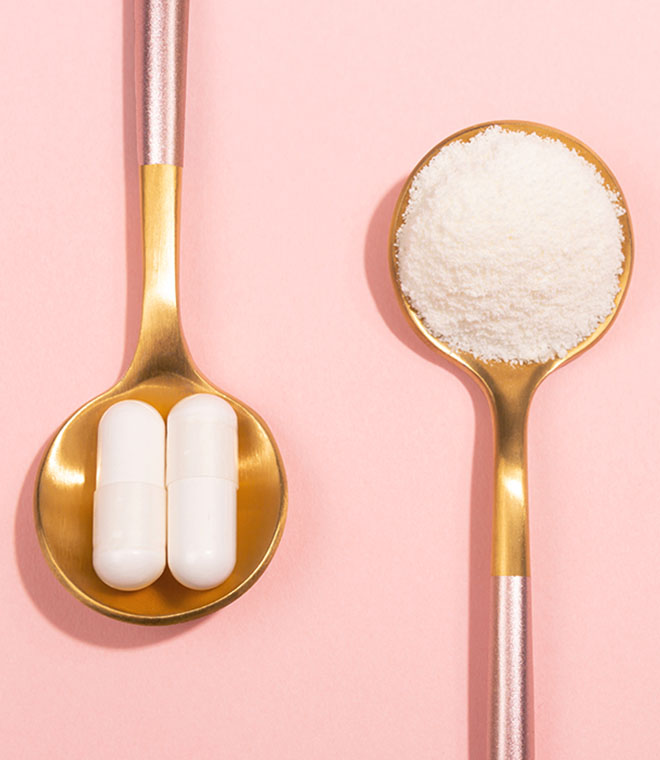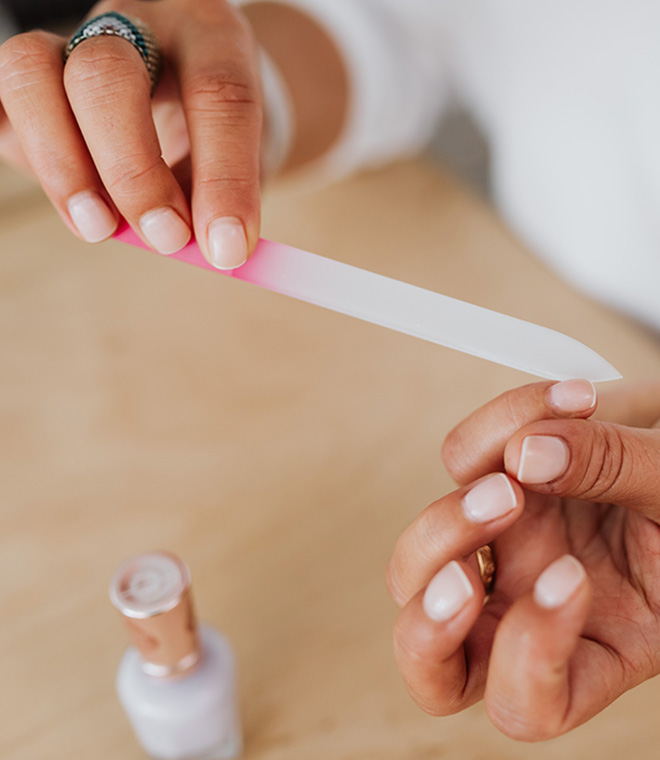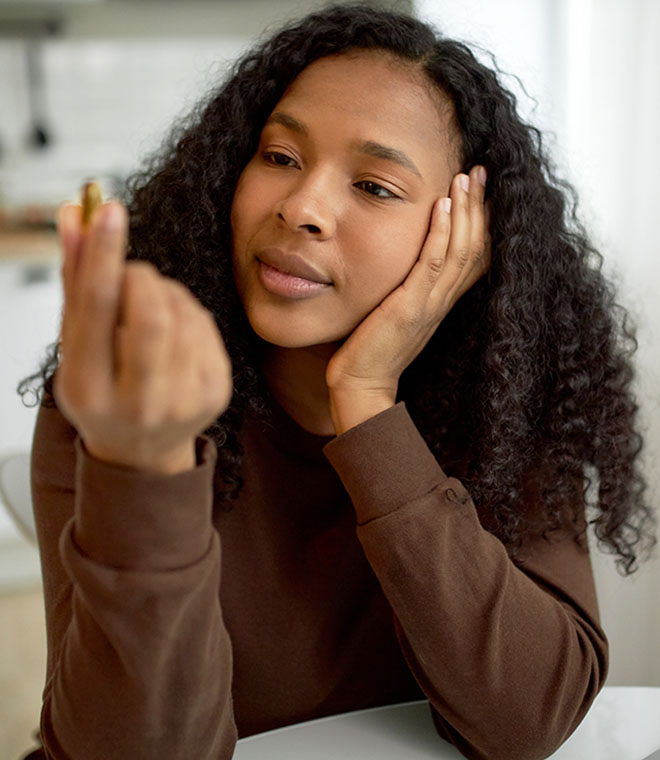Wellness
Biotin daily dosage: How much do I need?
By Danielle Butbul, MPH, RDN Jul 01, 2022 • 5 min
Biotin is one of the eight B vitamins. Also known as vitamin B7, biotin plays an essential role in breaking down nutrients in foods into usable forms of energy. Therefore, it's important that you get the recommended amount of biotin each day to stay nourished and energized.
How much biotin do you need?
How much biotin you need per day depends on your age. While there is no recommended daily allowance (RDA), there is a recommended adequate intake (AI) of how much biotin per day is needed to ensure nutritional adequacy, listed in micrograms (mcg):
- 0–6 months: 5 mcg
- 7–12 months: 6 mcg
- 1–3 years: 8 mcg
- 4–8 years: 12 mcg
- 9–13 years: 20 mcg
- 14–18 years: 25 mcg
- 19 and older: 30 mcg
- Pregnant women: 30 mcg
- Breastfeeding women: 35 mcg
Biotin is found in many foods, and most people get enough biotin through their diets. While many foods have smaller amounts of biotin, the foods that contain the most biotin include:
- Organ meats—3 oz. of cooked beef liver has 30 mcg
- Eggs—One cooked egg contains 10 mcg
- Fish—3 oz. of canned salmon has 5 mcg
- Seeds—¼ cup of roasted sunflower seeds provides about 3 mcg
- Some vegetables—½ cup of cooked sweet potato has about 2 mcg
- Nuts—¼ cup of roasted almonds contains 1.5 mcg
Who is at risk for biotin deficiency?
Biotin deficiency in the U.S. is very rare, as most people get enough biotin from the foods in their diet. Some groups of people are more likely than others to become deficient. These groups include:
- Pregnant and lactating women: Despite ample and even higher-than-normal biotin intake, about one-third of pregnant and lactating women become slightly deficient in biotin. The cause for this is still being studied.
- People with alcoholism: Alcohol blocks the absorption of biotin, as well as many other nutrients, which leads to a deficiency.
- Individuals with biotinidase deficiency: Biotinidase deficiency is a rare, inherited disorder that keeps the body from using available biotin. Newborns are tested for this treatable condition so that symptoms and risks can be avoided.
Signs of biotin deficiency typically appear gradually, with the most common symptoms being:
- Thinning hair
- Skin rashes around the eyes, nose and mouth
- Brittle nails
Biotin supplementation
For those who need or choose to take them, biotin supplements are available in a several forms:
- Supplements containing only biotin
- B-complex supplements, which contain different combinations of B vitamins
- Multivitamins that contain biotin
Biotin supplements are often thought to promote healthy hair, skin and nails. However, these benefits are unproven and more studies are needed to understand the role of biotin supplements in improving hair, skin and nail health. If you're interested in taking a biotin supplement, consult your healthcare provider to determine the best option for you.
Can you take too much biotin?
No, you shouldn't be concerned about taking too much biotin. Since biotin is a water-soluble vitamin, any excess amount will leave the body through your urine. Studies show that up to 10–50 mg of biotin in healthy adults—more than 1,000 times the recommended amount—does not lead to any negative biotin side effects or symptoms of toxicity. Despite the low risk of toxicity, you should still only aim to get recommended amounts unless otherwise directed by your healthcare provider.
Biotin supplementation can be a concern, however, for people who are getting laboratory tests done. Taking supplements, even in smaller amounts than what is recommended, can interfere with lab test results and lead to false readings. Inaccurate test results can lead to unnecessary or incorrect medical care. The FDA recommends that patients and healthcare providers review and discuss the supplements the patient is taking and in what doses.
Published June 2022.



